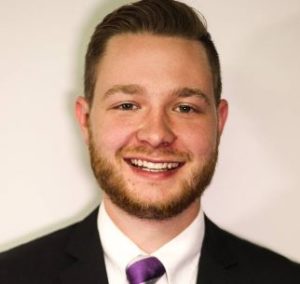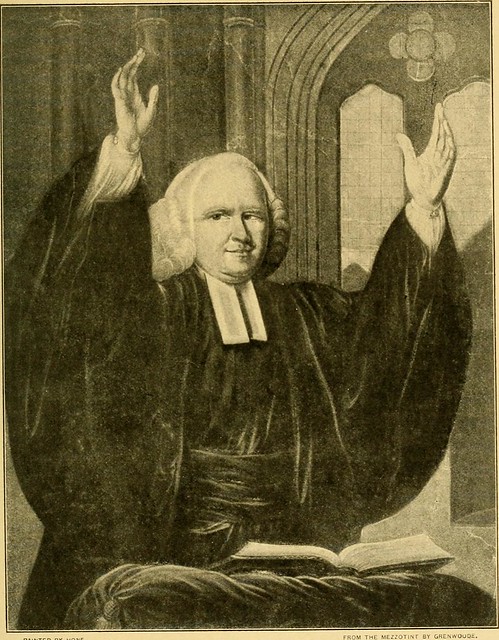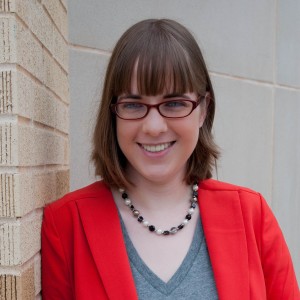This news story has made me ask the question, “Do we still believe in rape?”
An 18-year-old accused of sexually assaulting two high school classmates is facing two years of probation despite the district attorney’s office’s recommendation of two years in prison.
 David Becker, of East Longmeadow, Massachusetts, was charged with two counts of rape and one count of indecent assault and battery, according to court documents, after an April 2 incident in which he was accused of digitally penetrating two girls who were sleeping in a bed after a house party. Becker and the alleged victims, who are not being identified, were all seniors.
David Becker, of East Longmeadow, Massachusetts, was charged with two counts of rape and one count of indecent assault and battery, according to court documents, after an April 2 incident in which he was accused of digitally penetrating two girls who were sleeping in a bed after a house party. Becker and the alleged victims, who are not being identified, were all seniors.
 I hope that our nation still believes in rape. Several high profile rape cases among young adults have received alarmingly light sentences. A Stanford University student named Brock Turner received a six month sentence for what his father described as “twenty minutes of action” when he rapped an unconscious woman.
I hope that our nation still believes in rape. Several high profile rape cases among young adults have received alarmingly light sentences. A Stanford University student named Brock Turner received a six month sentence for what his father described as “twenty minutes of action” when he rapped an unconscious woman.
In David Becker’s case, the judge stated that “The goal of this sentence was not to impede this individual from graduating high school and to go onto the next step of his life, which is a college experience.” The judge’s statement makes the assumption that all emerging adults go to college, and that college is an inherent right to young adults.
But the judge also believes that this sex offender has the right to a “normal” life.
I do believe in forgiveness and restoration. However, I also believe in the importance of personal autonomy – which is the ability to make decisions and deal with the consequences.
Whatever lies ahead in this young man’s future (and I do hope it includes forgiveness and restoration), I do not imagine that this young man’s future will remain unaffected by his crime. In spite of his light sentence, the social and psychological affects to his crimes will follow him for many years.
As I reflect on the judge’s assumptions and perspective, I see another viewpoint.
I am wondering about the victims. Do his victims have the right to a “normal” life? How will these events affect their college experience?
I am wondering about the growing number of victims from sexual crimes that fill our schools, homes, and churches. I wonder if their stories are slowly being altered. I wonder if their cries are being muffled. I wonder if their wounds are bleeding anew.
I hope that our society can still see the benefit of morality. In a world where sexual bondage is presented as appropriate (50 Shades of Gray) and where we promote and glorify the connection between sex and power, I hope we can find the God-ordained purpose of sex.
I hope that in this darkness, we can remove sex from the obsession it has become in our society and realize that sex will never fulfill us.
I hope that we still believe in rape.
 Dr. G. David Boyd is the manager of EA Resources, and the Founder of the EA Network, a network for those who minister to emerging adults.
Dr. G. David Boyd is the manager of EA Resources, and the Founder of the EA Network, a network for those who minister to emerging adults.

 Dr. G. David Boyd is the managing director of EA Resources – a non-profit designed to equip parents and churches to engage emerging adults. He is also the founder of the EA Network – a community of people who serve and love emerging adults.
Dr. G. David Boyd is the managing director of EA Resources – a non-profit designed to equip parents and churches to engage emerging adults. He is also the founder of the EA Network – a community of people who serve and love emerging adults.







 Parenting emerging adults while rewarding is sometimes a difficult job. Parents often feel isolated because their words might embarrass either themselves or their adult children. This is especially true in the church where parents often feel as if they have failed. Corey writes, “Sadly, our churches often forget that one of the primary roles of the body of Christ is to be a hospital for sick and broken people.”
Parenting emerging adults while rewarding is sometimes a difficult job. Parents often feel isolated because their words might embarrass either themselves or their adult children. This is especially true in the church where parents often feel as if they have failed. Corey writes, “Sadly, our churches often forget that one of the primary roles of the body of Christ is to be a hospital for sick and broken people.” Corey is the founder of
Corey is the founder of 
 Embarrassed, I moved home to my parents’ house (and later to a house with a few friends my age), got a job, and settled in.
Embarrassed, I moved home to my parents’ house (and later to a house with a few friends my age), got a job, and settled in.


 David Becker, of East Longmeadow, Massachusetts, was charged with two counts of rape and one count of indecent assault and battery, according to court documents, after an April 2 incident in which he was accused of digitally penetrating two girls who were sleeping in a bed after a house party. Becker and the alleged victims, who are not being identified, were all seniors.
David Becker, of East Longmeadow, Massachusetts, was charged with two counts of rape and one count of indecent assault and battery, according to court documents, after an April 2 incident in which he was accused of digitally penetrating two girls who were sleeping in a bed after a house party. Becker and the alleged victims, who are not being identified, were all seniors. I hope that our nation still believes in rape. Several high profile rape cases among young adults have received alarmingly light sentences. A Stanford University student named Brock Turner received a six month sentence for what his father described as “twenty minutes of action” when he rapped an unconscious woman.
I hope that our nation still believes in rape. Several high profile rape cases among young adults have received alarmingly light sentences. A Stanford University student named Brock Turner received a six month sentence for what his father described as “twenty minutes of action” when he rapped an unconscious woman.